Is Solar Power Worth It? Breaking Down the Myths and Real Benefits
Solar energy has been a hot topic for several years, with both advocates and skeptics weighing in on its potential benefits and limitations. As our global energy needs continue to grow and the climate crisis demands a swift transition to cleaner forms of energy, understanding solar system benefits becomes crucial. With numerous myths floating around, from cost efficiency to energy production capability, it's essential to break down these misconceptions and delve into the real advantages of solar technology. In this blog post, we will explore whether solar power is truly worth the investment by examining its potential to sustainably power our future.
Myth: Solar Power Is Too Expensive
One of the most persistent myths about solar power is that it's prohibitively expensive for the average household. While the initial costs of installation can be significant, technological advancements and financial incentives have dramatically reduced these expenses over the years. Many governments offer tax credits, rebates, and financial programs aimed at making solar panels more affordable. Additionally, in our experience, the cost of solar panels has dropped by over 70% in the last decade, making them a viable option for many homeowners looking to invest in clean energy, allowing more people to reap solar system benefits.
Myth: Solar Panels Aren't Efficient Enough
Another common misconception is that solar panels aren't efficient enough to justify their cost or usage. The truth is, solar technology has made remarkable strides in efficiency and productivity. In our experience, modern solar panels can convert about 15–22% of sunlight into electricity, which is adequate for most residential applications. This improvement, coupled with the growing efficiency of solar batteries, ensures that solar power can sustainably meet a significant portion of energy demands. According to Energy.gov, today, over 3% of U.S. electricity comes from solar energy in the form of solar photovoltaics (PV) and concentrating solar-thermal power (CSP).
Myth: Solar Power Isn't Reliable
Reliability is often cited as a concern with solar energy, as its production depends on sunny conditions. However, this is increasingly a myth due to advancements in solar storage technology. Solar batteries can store excess energy generated during the day for use at night or during cloudy weather. Moreover, grid-tied solar systems allow users to draw power from the grid when solar production is low, ensuring a continuous electricity supply. Such flexibility makes solar power a reliable component of modern energy strategies, especially when integrated into diversified energy systems. As technology improves and costs continue to fall, solar is rapidly becoming one of the most dependable and scalable energy options available.
The Environmental Benefits of Solar Power
Beyond economic considerations, there are more solar system benefits. Solar energy offers significant environmental advantages. It is a clean, renewable resource that drastically reduces carbon footprints compared to fossil fuels. Each kilowatt-hour of solar power substantially offsets greenhouse gas emissions, contributing directly to the fight against climate change. By switching to solar, individuals and businesses not only decrease their reliance on non-renewable resources but also actively participate in environmental conservation efforts. Additionally, solar installations can promote energy independence and resilience, especially in areas vulnerable to grid disruptions or natural disasters.
Long-Term Economic Savings
Investing in solar power can lead to substantial long-term savings. Once the initial installation costs are recouped, typically within a few years, solar energy can significantly reduce, or even eliminate, electricity bills. With rising utility prices, locking in solar energy costs protects against fluctuations and inflation. Furthermore, with solar panels typically lasting 25 to 30 years, in our experience, the economic returns and savings over the lifetime of the panels can be substantial, making solar power an economically sound investment. Are you ready to receive the solar system benefits of transitioning to solar power?
The question of whether solar power is worth it can be affirmatively answered when considering both the myths and the substantial real benefits. Advances in technology have led to decreased costs and increased efficiency, while reliability concerns are mitigated through battery storage and grid integration. As a clean energy source, solar power aids in the global effort to combat climate change. Combined with significant long-term economic savings, solar energy not only stands out as a sustainable option but also proves to be a wise and forward-thinking investment for many homeowners and businesses alike. To learn more about solar system benefits or the services we offer, contact Northwind Solar of Waupaca, WI today.
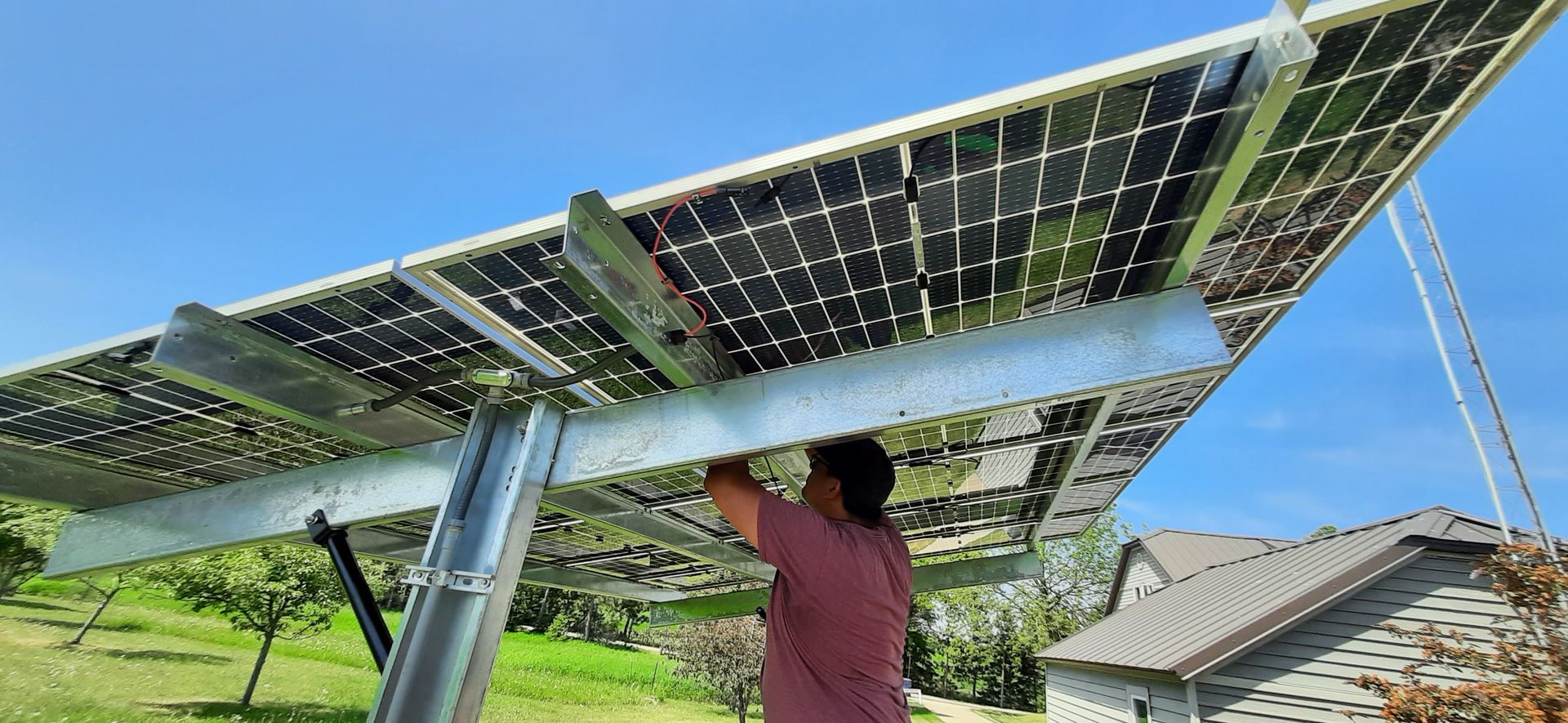

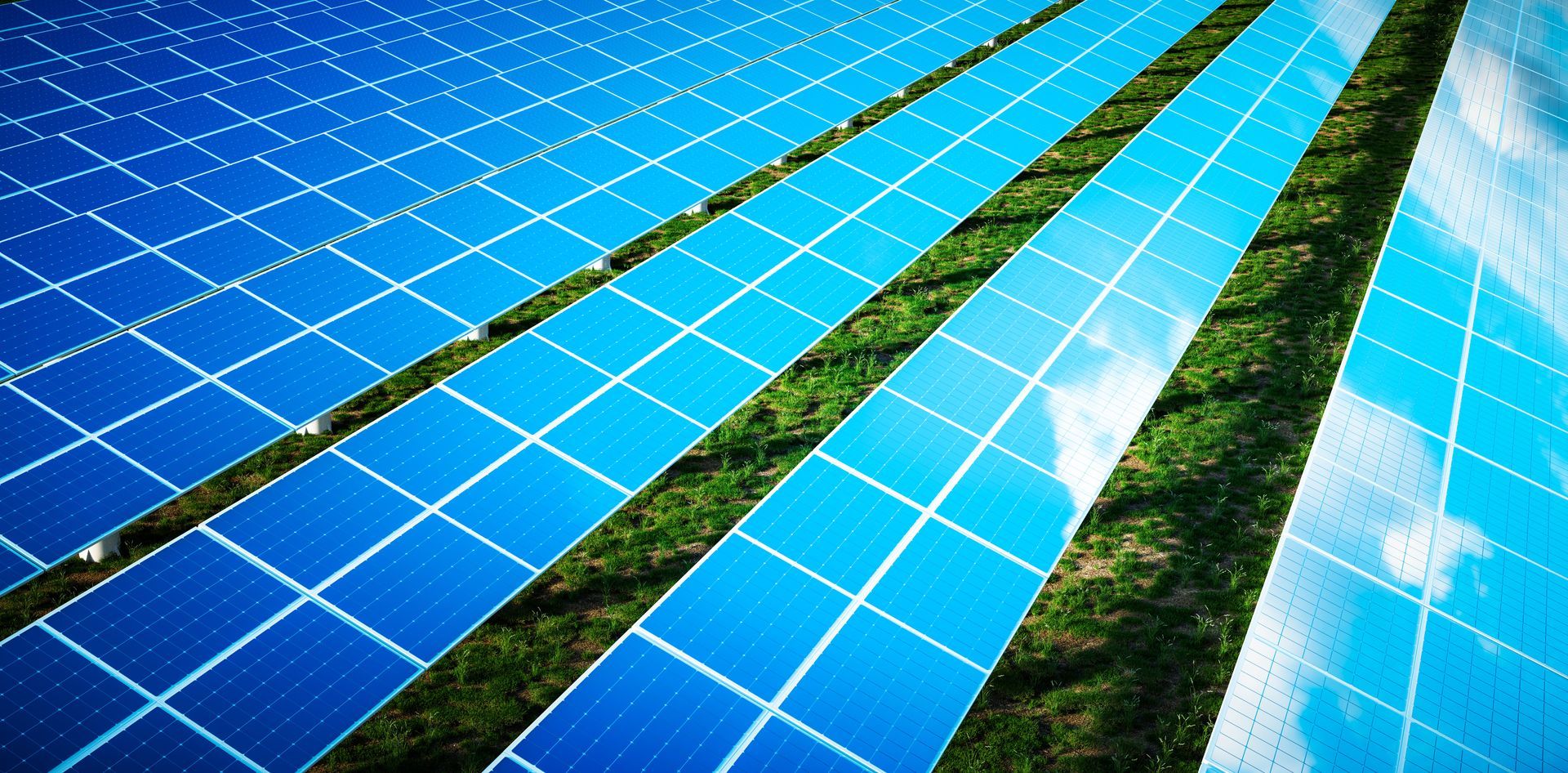
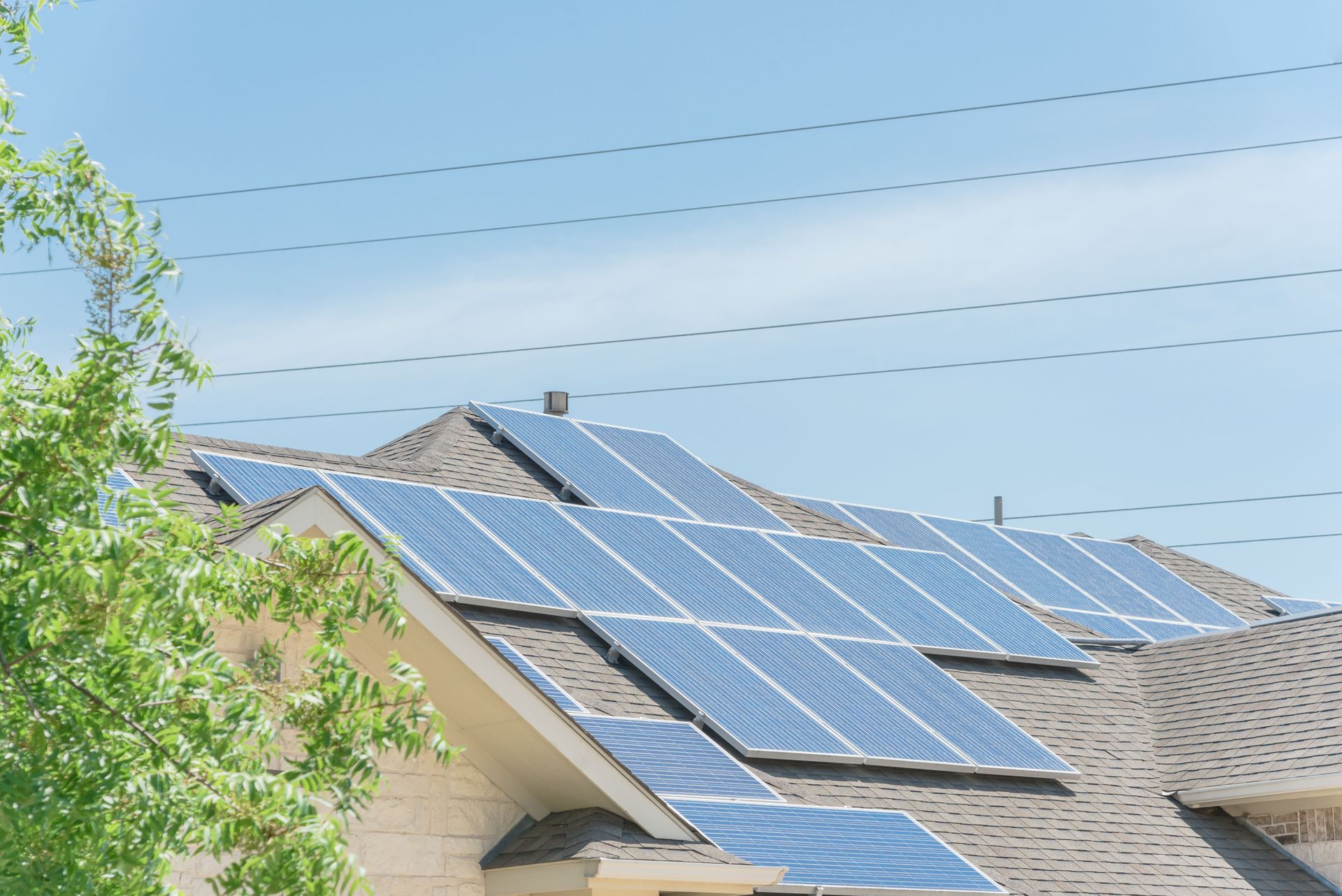
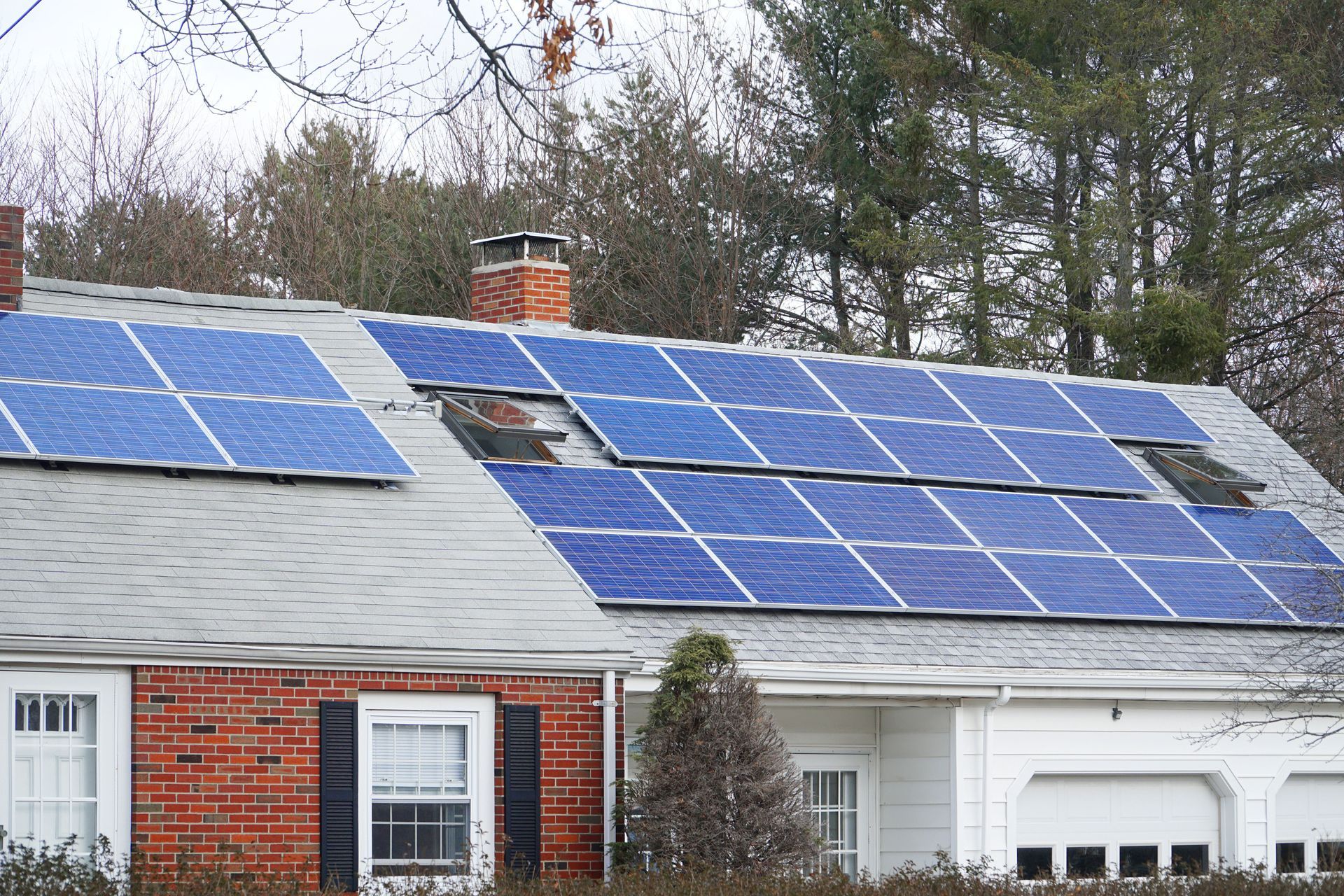
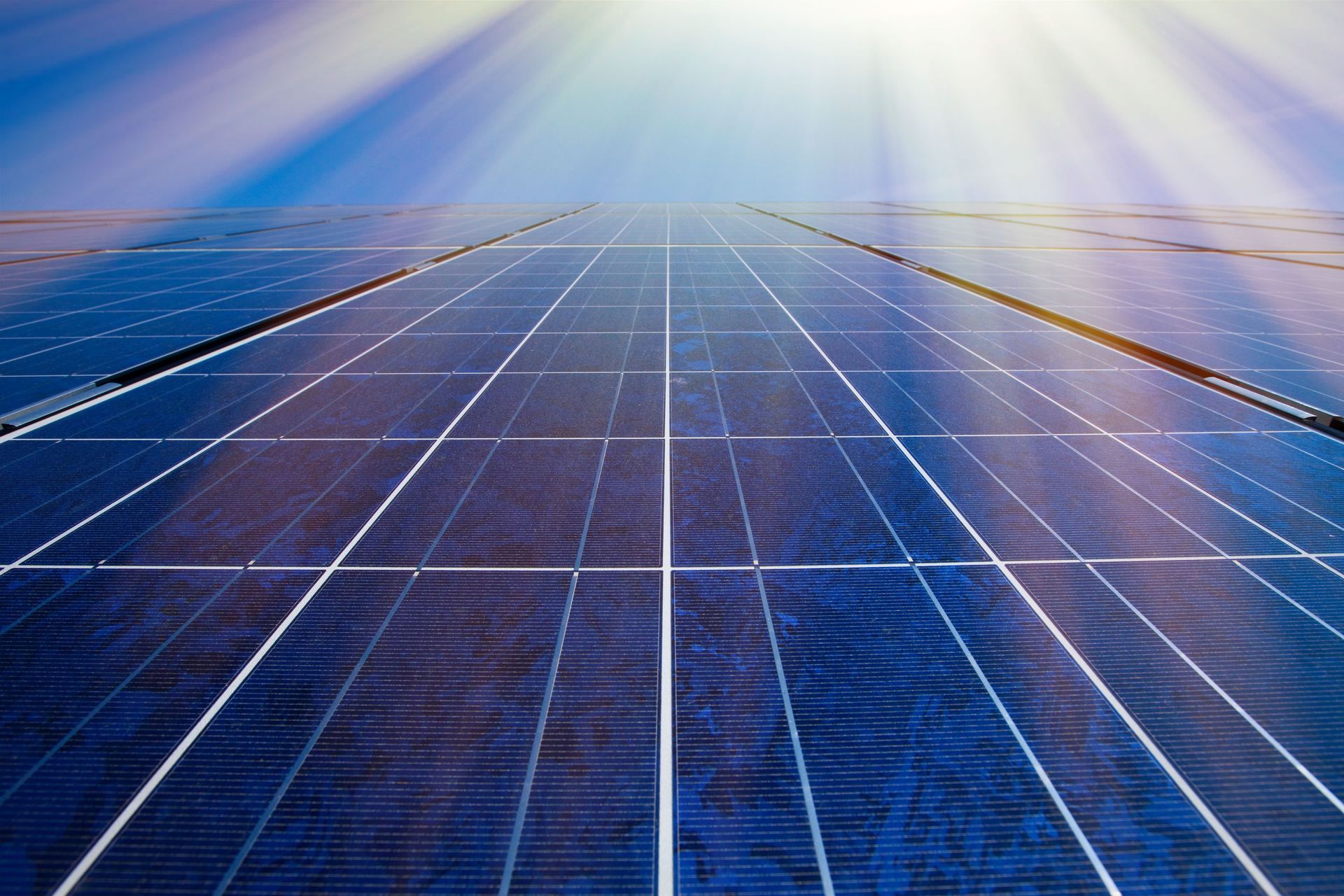

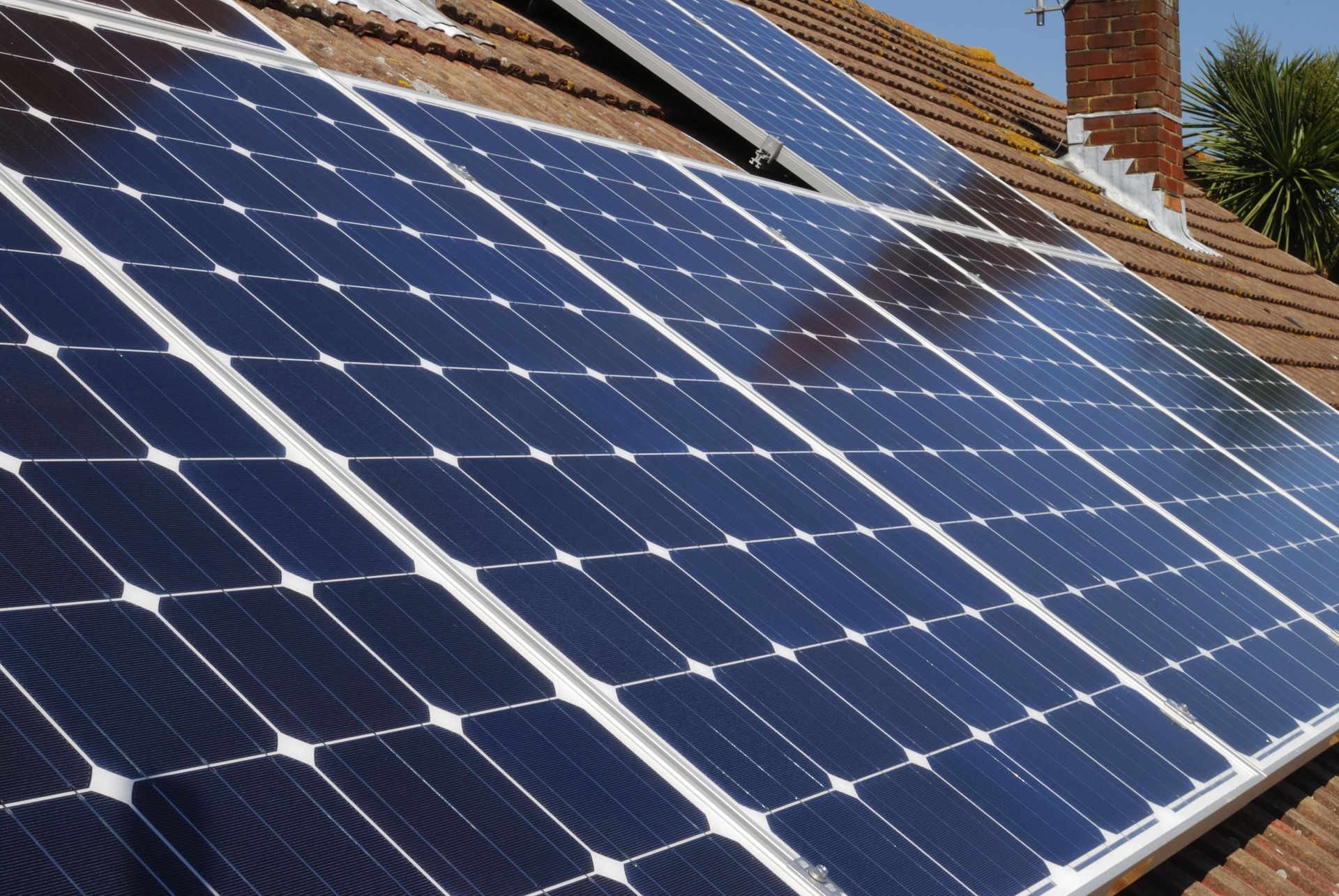
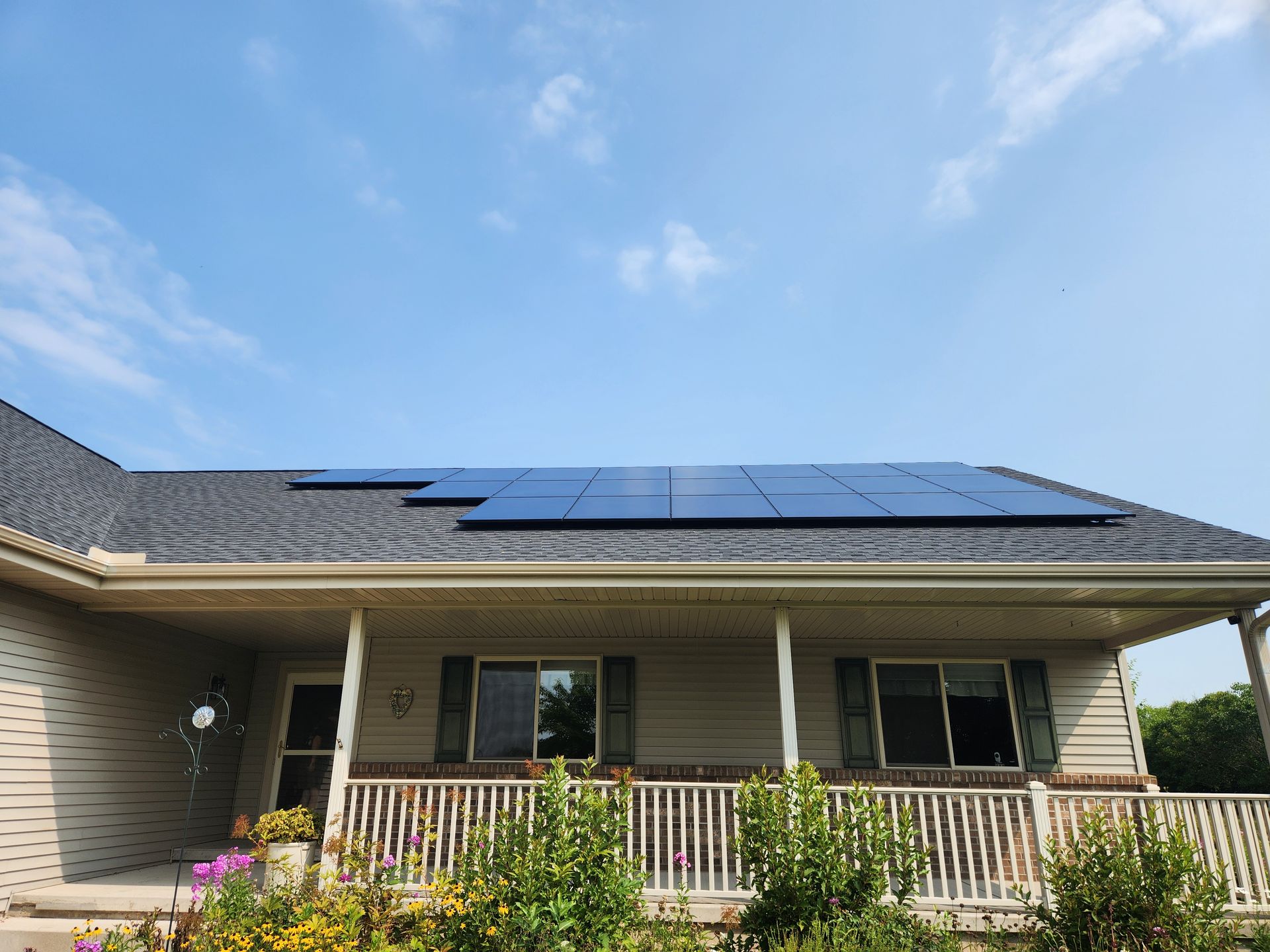


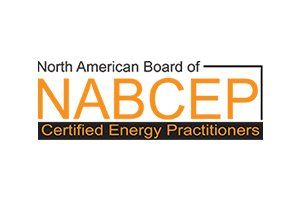
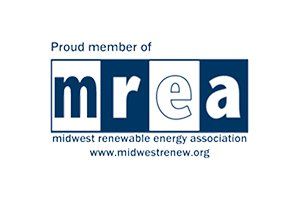


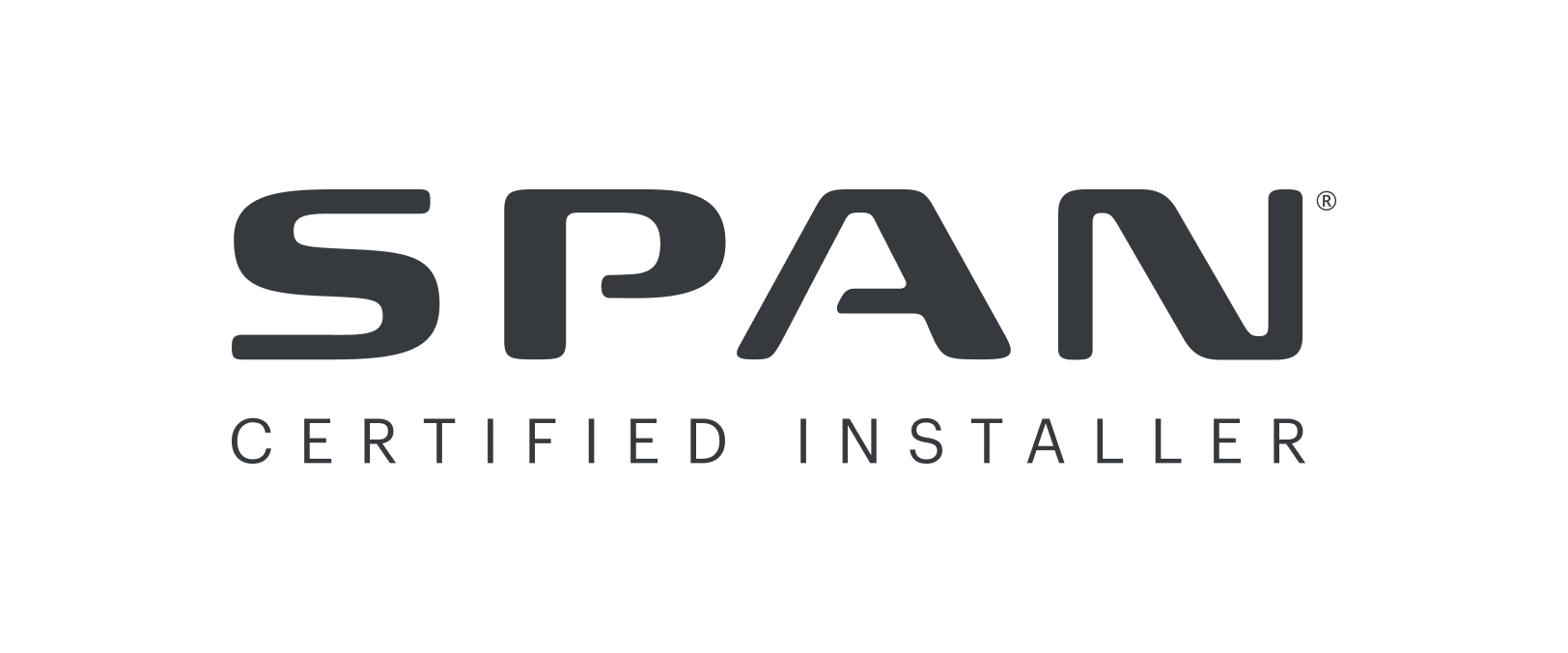

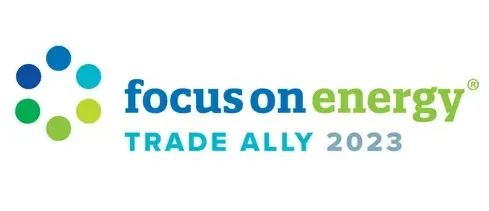





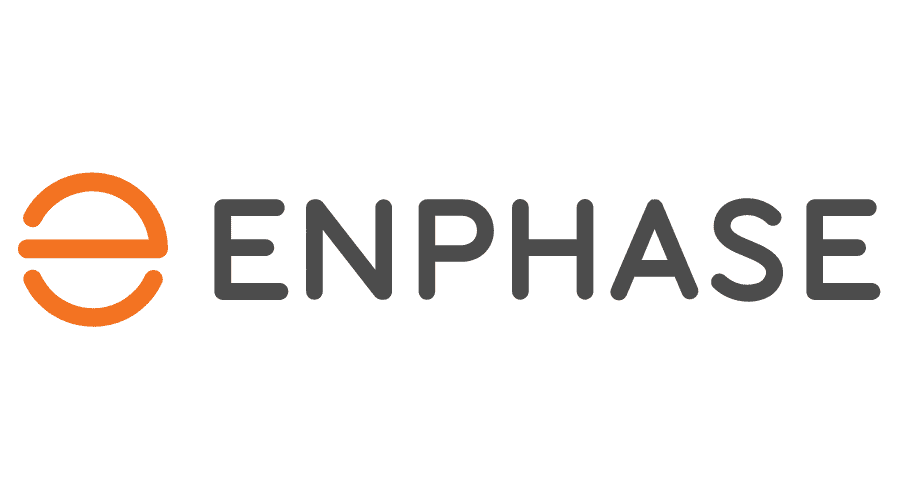
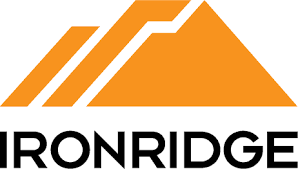




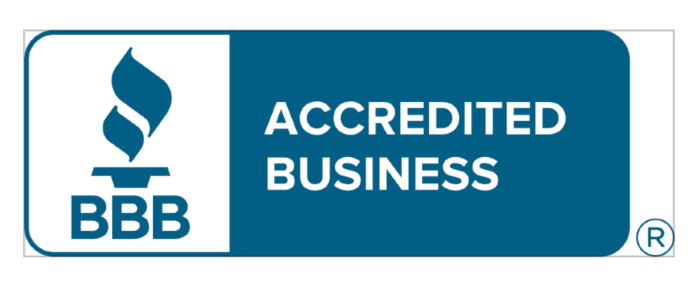
Share On: